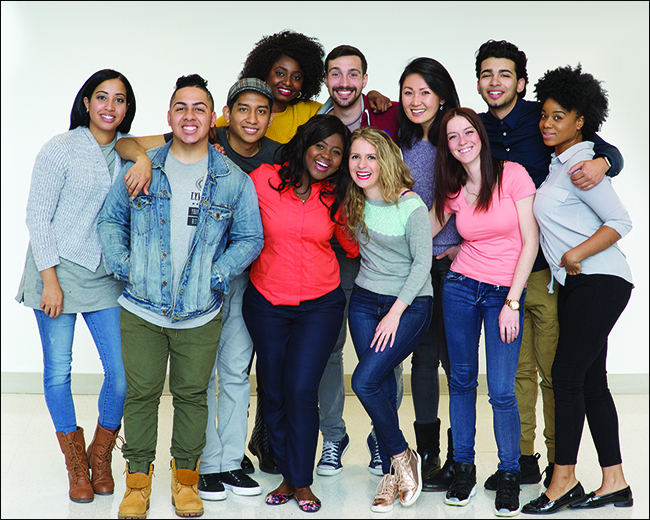
2020 Vision: Engaging Voting and Election Issues in the Classroom
Elections are a great opportunity to engage students in the classroom. But they can also be difficult and contentious, creating conflict and tension for students and faculty alike. This spring, we are kicking off an effort to promote engagement with elections and voting–and how to manage discussion in class.
Three faculty presentations will be offered in Spring 2020 in CETLS.
Lane Glisson, March 12, 10:00-11:30
Breaking the Spin Cycle: Teaching Media Awareness in 2020
We know it’s not helpful to merely instruct novice students to use authoritative sources for their research. We need to show, not tell, as screenwriters often say. Our students can learn to analyze sources and fact-check what they read. But many get their news from Facebook, Twitter, and YouTube, where disinformation and conspiracy theories are common. Ahead of the 2020 Presidential election, the news cycle is complicated by partisan spin and “fake news” cynicism. When senior intelligence official Shelby Pierson told Congress there was no doubt the Russians were meddling in the 2020 national election process, it set off a firestorm of partisan recrimination. Increasingly, American trolls have adopted Russian disinformation methods used in 2016, weakening the democratic system. To help students become more savvy consumers of information, Lane Glisson developed slide shows that prompt students to analyze the language of news stories in class. This helps them read critically and learn about the factual underpinnings of journalism and academic writing. This workshop will present her discussion-based disinformation lesson. Participants will work collaboratively to create lesson plans that they can use in their own classrooms.
Marci Littlefield, April 1, 1:00-2:30
Civic Engagement in the classroom: The 2020 Elections edition
Why should we vote? The meaning and purpose of elections, and why it matters. Using the classroom to promote Civic engagement.
Our job as educators is to help students develop the skills to be active participants in the learning process and to apply their education to the real world. The 2020 election is a great opportunity to use creative techniques in your courses to help your students understand the political process and active participants in discussions and debates. This session will offer lively discussion and strategies to get your students involved in current events and apply them to your individual disciplines. Professors from different disciplines will offer strategies to get your students involved in current issues facing American society today.
Scott Tulloch, April 28, 2:00-3:30
(De)Constructing “fake news”: Developing digital media literacy to enhance student evaluation of online information
This faculty workshop on “fake news” is intended to generate awareness of the prevalence of false information in digital media environments. General information and scholarly research on “fake news” will be reviewed. More important, strategies and activities designed to help students develop skills to critically evaluate online sources will be shared. This session would be useful for faculty that have students do research online and are concerned about the evaluation of source credibility.